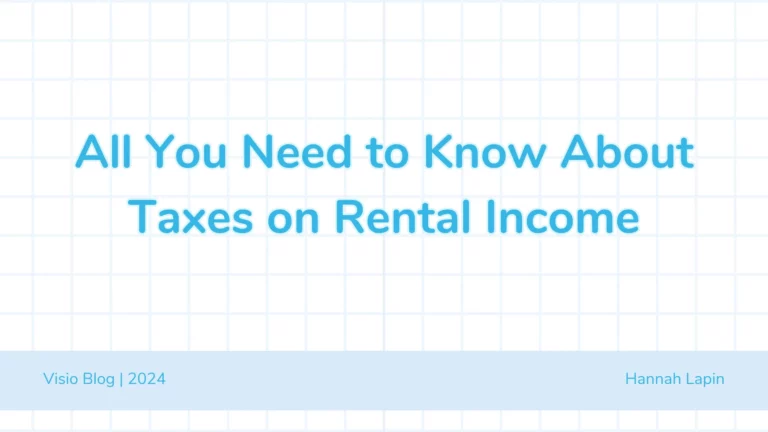Flipping houses can be an incredibly profitable venture that nets you an amazing return on investment — as long as you know how to find houses to flip. You can research numerous avenues to find those diamonds in the rough. Undervalued properties, short sales, auctions, and wholesalers are all great choices.
Ready to find those great deals that flippers dream of? Let’s take a look at your many options for finding excellent properties to spruce up and resell.
Once you’ve found a suitable real estate investment for sale, it’s time to figure out how to turn this into a profitable opportunity through financing, negotiation, and selling.
Financing
With this form of real estate investing, you’ll almost certainly need investment property loans to ensure a good cash flow. These depend greatly on how you purchased the property, for how much, and how long you intend to hold onto it.
Many house flippers will rely on hard money loans, but this may not always be a good option because they have such short terms, as well as balloon payments at the end. Fortunately, there are quite a few alternatives, including to refinance your hard money loan into DSCR loans.
You can contact Visio Lending for more advice about your options and find the right loan for your real estate investing needs.
Budgeting and Repairs
When you flip houses, you want to spend as little as possible on repairs while still turning it into an attractive real estate investment for your buyer — a huge reason why you need to insist on an inspection before buying a property.
Focus on the most significant, value-boosting repairs rather than things like changing cabinetry or installing new countertops. Think about things like curb appeal first and foremost. A good exterior can encourage potential buyers more than having the latest appliances.
While these aren’t always cheap, they will reassure buyers that they’re making a good investment. If you’re unsure exactly what to do, you can always ask a real estate agent for advice or research the repairs with the highest ROI.
Listing and Selling
Selling the property is pivotal to house flipping. You can rely on your network of other real estate investors. For example, see if anyone in your community is looking for rental properties to buy. You can also list on the MLS and work with a real estate agent to find suitable buyers.
Make sure to write an attractive yet factual listing highlighting things like new siding, ductwork, or hardwood floors to reassure buyers that they will be getting a solid property.






